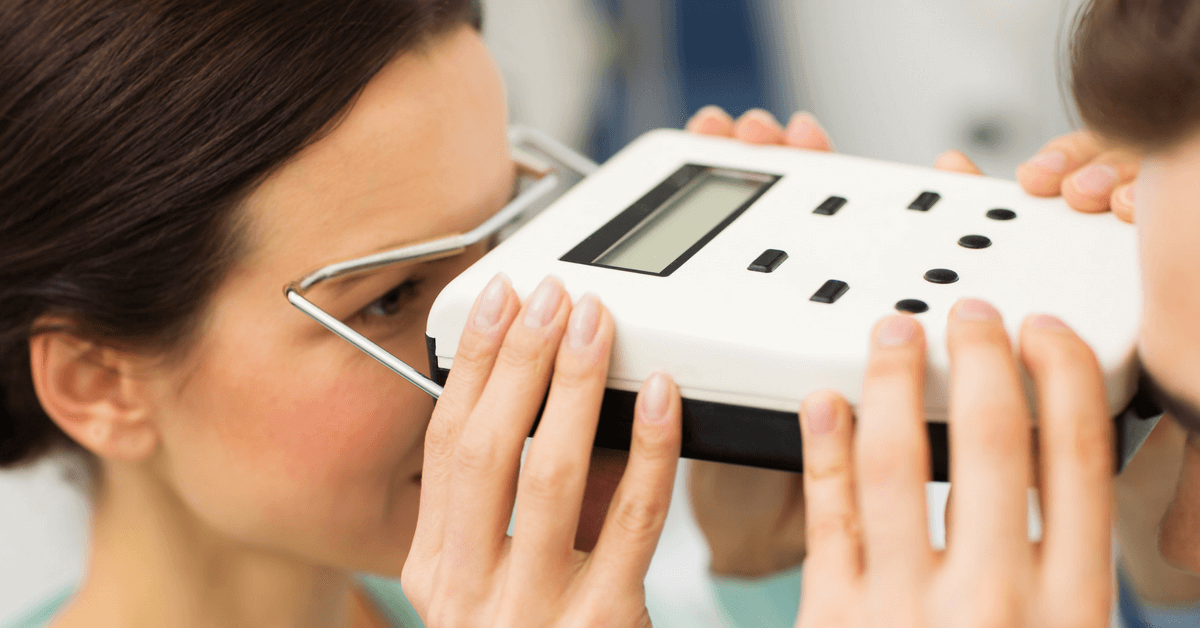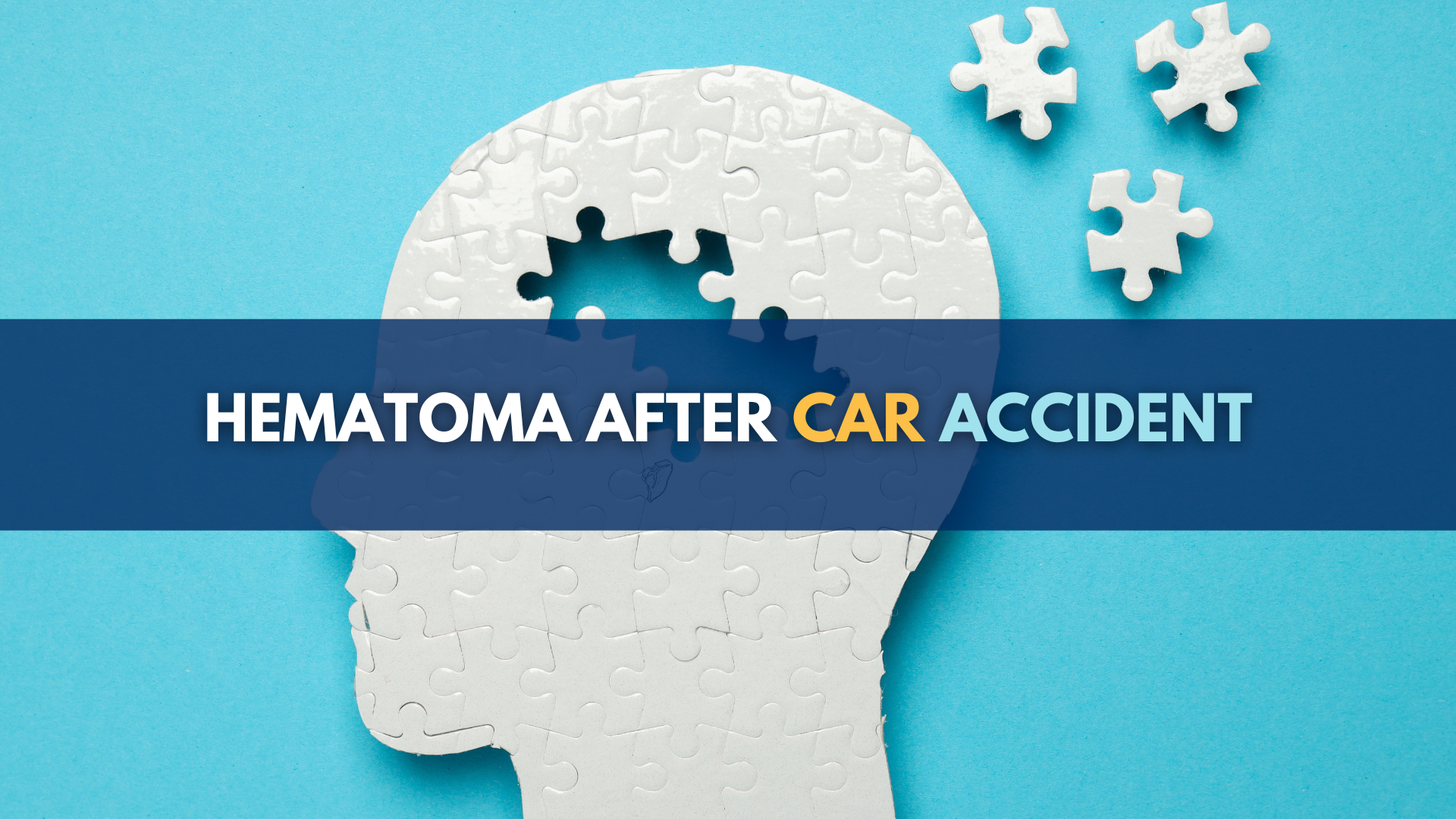Will ‘pupillometer’ testing one day help identify auto accident victims who have suffered TBI, concussion and closed head injury based on visual changes at crash scene?

We may one day be able to diagnose a traumatic brain injury based on changes in a person’s vision.
A U.S. Army study has determined that a “simple, quick test performed with a pupillometer appears to be an effective screening tool for acute mild traumatic brain injury” because the test “‘identifie[s] functional divergences [in the eye] that could be biomarkers for traumatic brain injury,’” according to a July 5, 2016, MedScape article.
José Capó-Aponte, OD, PhD, from the Department of Optometry at the Womack Army Medical Center in Fort Bragg, North Carolina, explained to MedScape the significance of the testing’s ability to “look[] for subtle visual changes that could be measured in the office or in the field”:
“‘Since approximately 30 areas of the brain and seven of the 12 cranial nerves deal with vision, it is not unexpected that the patient with traumatic brain injury may manifest a host of visual problems, such as pupillary deficit, visual processing delays, and impaired oculomotor tracking and related oculomotor-based reading dysfunctions …’”
This is wonderful news for an injury that lawyers and doctors often refer to as “the invisible injury” – in large part because brain injury is so often missed by doctors in emergency rooms and often for weeks or months after.
Pupillometer testing promises to one day help quickly identify people with brain injury so they can receive the medical care and treatment they need. It promises to stop the way so many insurance companies and claims adjusters deny medical care and compensation for brain injury survivors and defend brain injury claims in courtrooms across the country. If it continues to prove accurate, I hope it leads to the immediate deployment of this testing technology to every Emergency Room, Urgent Care, ambulance and doctor’s office throughout the country.
During my 20-year plus legal career helping people who have suffered traumatic brain injuries (TBI), concussions and closed-head injuries after car, truck and motorcycle accident, I have seen far, far too often the life-altering consequences of undiagnosed and/or delayed diagnosis of TBI.
I have also watched as the medical profession has struggled to find a reliable, accurate and efficient test for diagnosing TBI.
The great promise of this new pupillometer texting is the accurate and early diagnosis of a concussion, closed-head injury or traumatic brain injury. In my own world, this would force car insurance companies, defense lawyers and claims adjusters to finally take seriously brain injuries that have been dismissed, defended, and minimized by auto insurers for decades as simply “it’s all in his head.”


